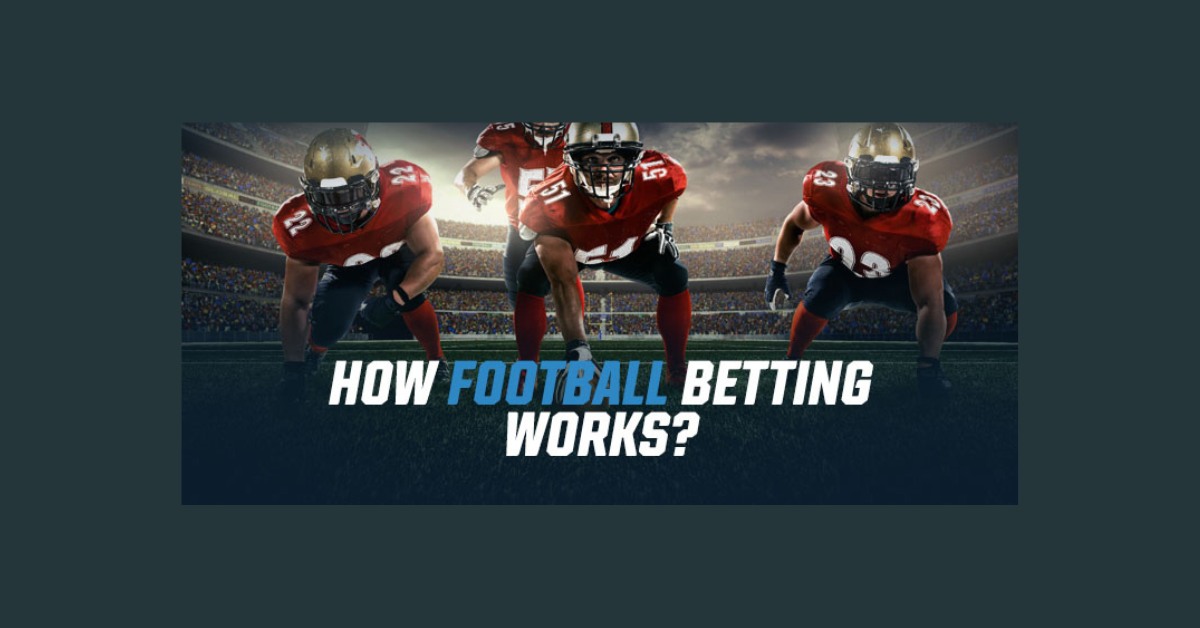Understanding Football Betting Odds
When it comes to football betting, understanding the odds is key to making informed decisions. Odds represent the probability of a specific outcome happening in a match. They can be presented in different formats such as fractional, decimal, or American odds, each providing unique insights into the likelihood of a certain result.
In general, lower odds indicate a higher probability of the event occurring, resulting in smaller potential winnings. On the other hand, higher odds suggest a lower likelihood of the outcome happening but offer greater returns if it does. By grasping how odds work and interpreting them correctly, bettors can gain a clearer understanding of the risks and rewards associated with different betting options in football.
Types of Football Bets Available
Several types of football bets are available for avid sports bettors to explore. The most common bet is the match outcome, wagering on which team will win, lose, or if the game will end in a draw. Another popular bet is the over/under bet, where punters predict whether the total number of goals scored in a match will be over or under a specified amount.
Handicap betting is also widely used in football betting, giving the underdog a virtual head start or the favorite a handicap to overcome. This type of betting can provide more balanced odds for matches where one team is heavily favored over the other. Additionally, punters can place bets on goal scorers, predicting which players will score during a match, adding an extra layer of excitement to the betting experience.
Factors to Consider Before Placing a Football Bet
When considering placing a bet on a football match, it is crucial to take into account the current form of the teams involved. Analyzing their recent performances, injuries, and lineup changes can provide valuable insight into the potential outcome of the game. Additionally, it is important to assess the head-to-head record between the two teams, as historical data can sometimes be a strong indicator of future results.
Another factor to consider before placing a football bet is the venue of the match. Home advantage can play a significant role in determining the outcome of a game, as teams tend to perform better when playing in familiar surroundings. Understanding the impact of the crowd, pitch conditions, and travel distance on the teams’ performance can help in making more informed betting decisions.
The Role of Bookmakers in Football Betting
Bookmakers play a crucial role in the world of football betting. These entities essentially act as intermediaries between bettors and the betting markets, setting odds for various outcomes of football matches and determining the potential payouts for successful bets. They utilize complex algorithms, statistical analysis, and expert knowledge to set these odds, aiming to strike a balance between attracting bets on all possible outcomes while ensuring they make a profit regardless of the match result.
In addition to setting odds, bookmakers also manage the process of accepting bets, collecting stakes, and paying out winnings. They operate within a highly regulated industry, adhering to strict guidelines and standards to ensure transparency and fairness in the betting process. Bookmakers also offer a wide range of betting options beyond just the outcome of a match, including markets on goals scored, corner kicks, player performance, and more, providing bettors with diverse opportunities to wager on football matches.
Common Football Betting Strategies
For those looking to enhance their football betting game, utilizing common strategies can be a game-changer. One popular approach is the “Value Betting” strategy, which involves identifying odds that are undervalued by bookmakers. By carefully analyzing the probability of an outcome and comparing it to the odds offered, bettors can pinpoint opportunities where the potential return outweighs the perceived risk. This method requires a keen eye for detail and a thorough understanding of the sport and its dynamics.
Another effective strategy is the “Bankroll Management” technique, which focuses on controlling the amount of money placed on each bet to minimize losses and maximize profits over the long term. By establishing a clear plan for how much of their total bankroll to wager on each bet, bettors can ensure they do not risk too much on any single outcome. This disciplined approach helps to maintain financial stability and prevents impulsive betting decisions that could lead to significant losses.















